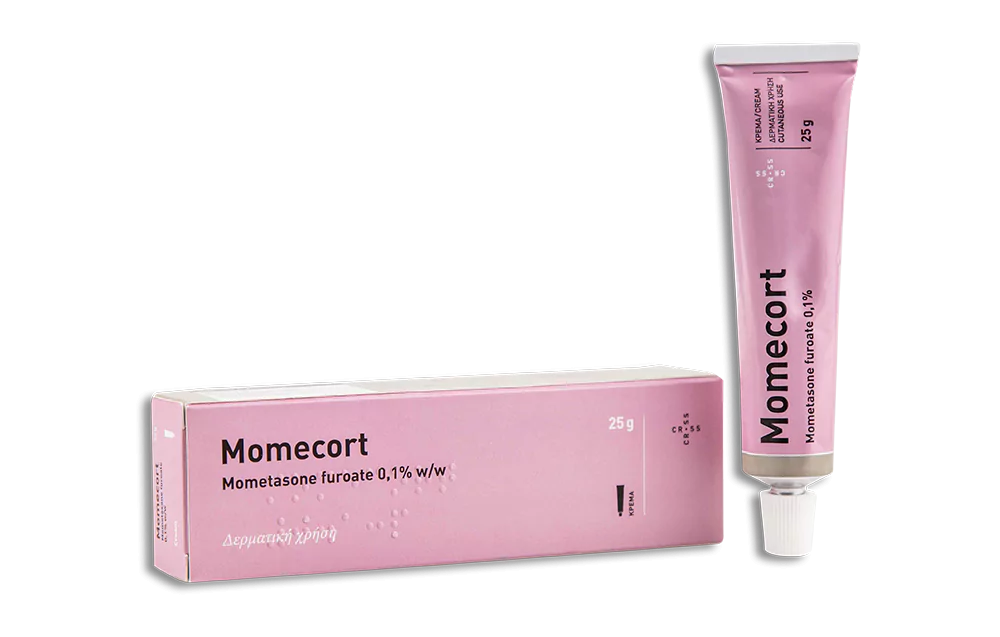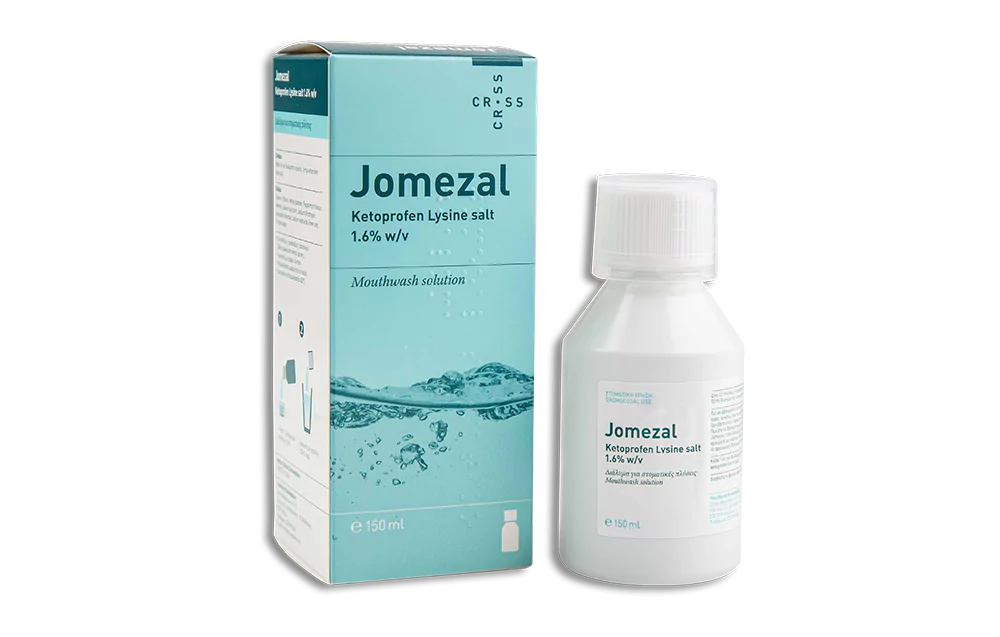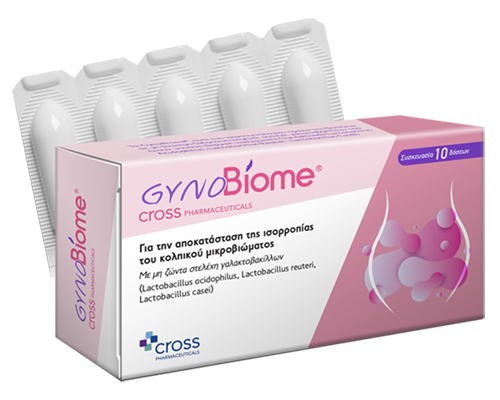How to get rid of the Hangover in 7 steps!

The hangover is your body’s way of punishing you when you overdo it – everyone knows that -. Normally it’s a collective outbreak of diarrhoea, exhaustion, headache, nausea and shakiness, the classic symptoms. Sometimes the systolic pressure (the high one) rises, the heart beats faster than usual and the sweat glands overproduce sweat, which indicates that the fight or flight response has been activated. Others, again, have sensitivity to light or sound or are afflicted by a well-known Hitchcock film, vertigo.
But why do we experience a hangover?
Alcohol in our bodies is metabolised into acetaldehyde, a substance that is toxic at high levels, although it rarely reaches such high concentrations.
Drinking blocks brain activity during sleep, so a hangover can be a form of sleep deprivation. Alcohol affects the hormones that regulate the biological clock, which partly explains why the hangover sensation is very similar to jet lag and vice versa. Finally, alcohol can trigger migraines, making someone think they are suffering from a hangover when they are actually suffering from a migraine.
A hangover occurs when the amount of alcohol in the blood starts to decrease. In fact, according to some studies, the worst part starts when there is no more alcohol in the body.
Research also shows that those who drink small to medium amounts of alcohol are more susceptible to hangover than “heavy drinkers”.
What helps with the hangover?
1. Drink some more
I’m very sorry to say, but it does help, as hangover is a form of withdrawal syndrome. By giving the body some more of the substance, you calm the withdrawal symptoms. However, this method just perpetuates a vicious cycle of bad practices and does not hinder recovery.
2. Drink liquids
Alcohol blocks the hormone basopressin which reduces the amount of urine produced in the kidneys. Thus, alcohol promotes the process of urination. If your hangover is accompanied by diarrhea, sweating and vomiting, you may be even more dehydrated. It can be difficult, with nausea, to down even a sip of water, but even a little water helps tremendously in treating the hangover.
3. Eat carbohydrates
Drinking lowers blood glucose levels, so exhaustion and headache may be caused by the brain working without its main fuel. It is very common to forget to eat while drinking, which further lowers glucose levels. A toast and juice can do wonders in helping you recover from a hangover.
4. Avoid dark-coloured drinks
Research has shown that white drinks (vodka, gin, etc.) cause fewer hangovers than dark drinks (whisky, red wine, tequila). The main form of alcohol in alcoholic drinks is ethanol, but dark drinks also include chemically related molecules such as methanol. And while the same enzymes in the body metabolize ethanol and methanol, the metabolites of the latter are particularly toxic, causing severe hangovers.
5. Take a painkiller, but be careful!
Aspirin, ibuprofen and other non-steroidal anti-inflammatory drugs (NSAIDs) help with headache and general malaise. NSAIDs, however, can upset an already upset stomach from alcohol.
6. Drink coffee or tea
Caffeine may not have a tremendous effect against the hangover, but as a stimulant it can help the process.
7. B vitamins and Zinc
A recent study found that people who consume foods and drinks rich in zinc and B vitamins have a much more relaxed hangover.



